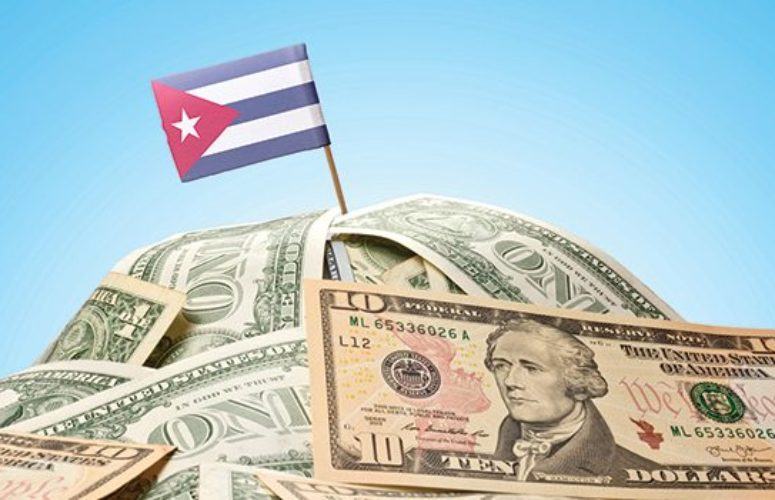
Forecasting Cuban Opportunities
US foreign direct investment in the communist country is more likely than Cuban investment here … for starters.
By Scott F. Mahoney On Dec 7, 2015The doors to investing in Cuba may soon be thrown wide open after being barred for nearly six decades. Will highly anticipated business opportunities benefit both Cuban and American businesses?
It wouldn’t be a bad idea to view investing in Cuban markets as a clean slate, and before any money changes hands, we should gather all relevant information, starting with the basics.
One of the most basic questions facing today’s investors is whether Cuba will again have a stock market. Cuba’s previous stock market, La Bolsa de Valores de la Habana, lasted from the 1920s until 1959, when the communist takeover ended private ownership in the country. A non-existent stock market will limit foreign investment in Cuban companies.
Nonetheless, on the American side, there already are cruise ship companies, airlines and construction materials firms in the forefront of those that may well benefit quickly from open trade with Cuba. The current financial narrative seems to focus far more on what American companies can expect through establishing a presence in Cuba, as opposed to potential development and export of Cuban goods and services.
Anyone who has seen videos of Havana’s taxi service will know instinctively that autos and auto parts probably have a good chance of scoring big in Cuba. Pharmaceuticals could be in big demand, as well as clothing and foodstuffs.
The best chance for successful investments will be in those American companies that can fill the demand for their products in Cuba, not vice versa.
Three of the top five Cuban exports are sugar, tobacco and liquor. However, the vaunted Cuban cigars probably won’t make much of an impact on trade. Even though the US prohibited direct sales of Cuban cigars in the states, fans of Cuban tobacco could easily obtain their cigars illegally from other countries that did not honor the embargo.
Further, Cuban tobacco growers who fled Fidel Castro in the late 1950s and early 1960s continued to use their trademarks on tobacco they started growing in the Dominican Republic and elsewhere. In some cases, the old tobacco trademarks from Cuba are no longer exclusive to the island, creating a situation where cigars are produced both in Cuba and outside of Cuba under the same brand name. Legal battles could be looming in these cases.
In essence, the best approach to new opportunities in Cuba requires the same level of diligence as new opportunities anywhere. For the moment, it appears that investing in firms that have what Cuba needs will produce more opportunities than investing in Cuban firms directly.
That may change in the future, and in those cases, the future bears watching.
About the Author: Scott F. Mahoney is a family wealth director, senior portfolio management director and financial advisor with Morgan Stanley Wealth Management in Morristown.



